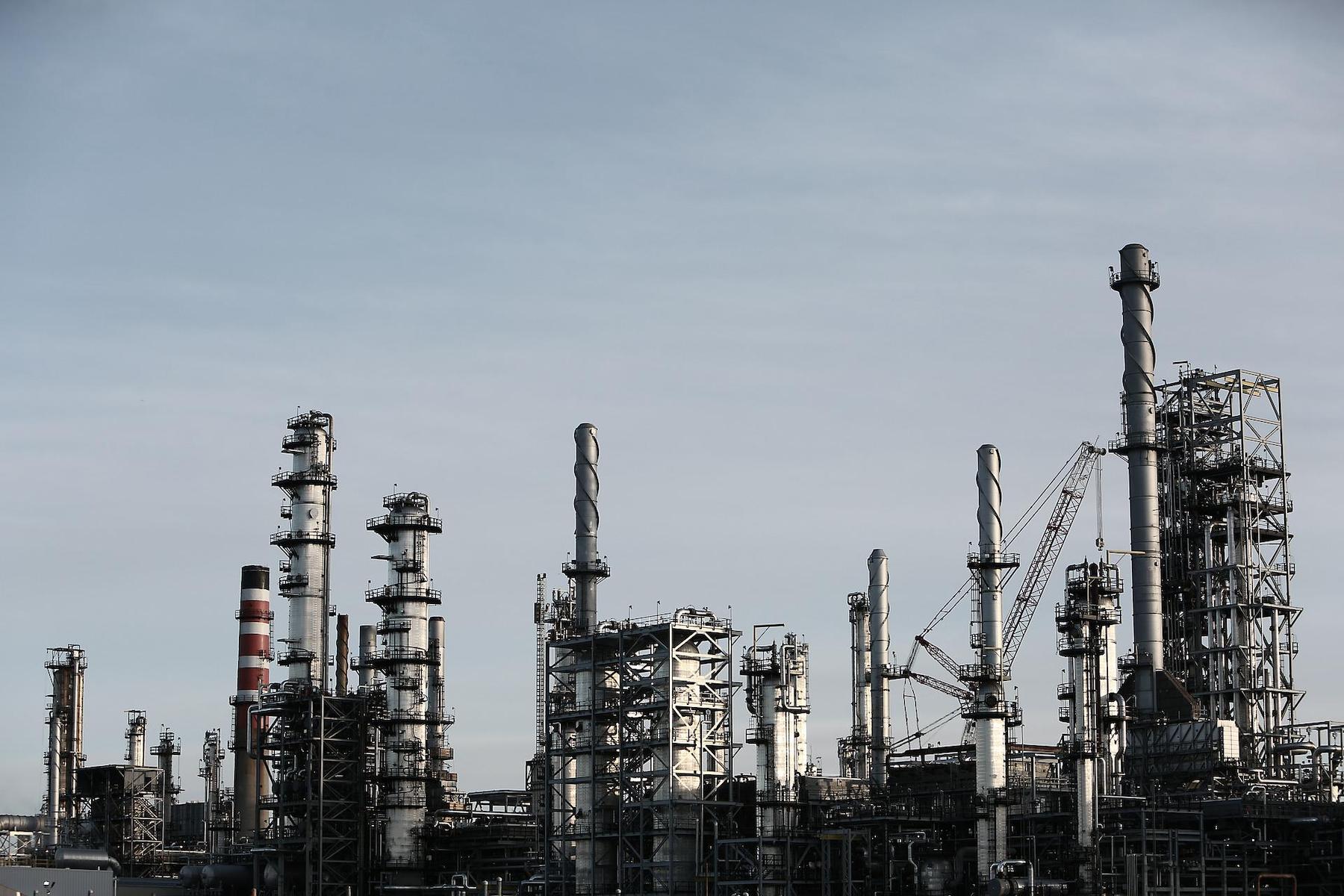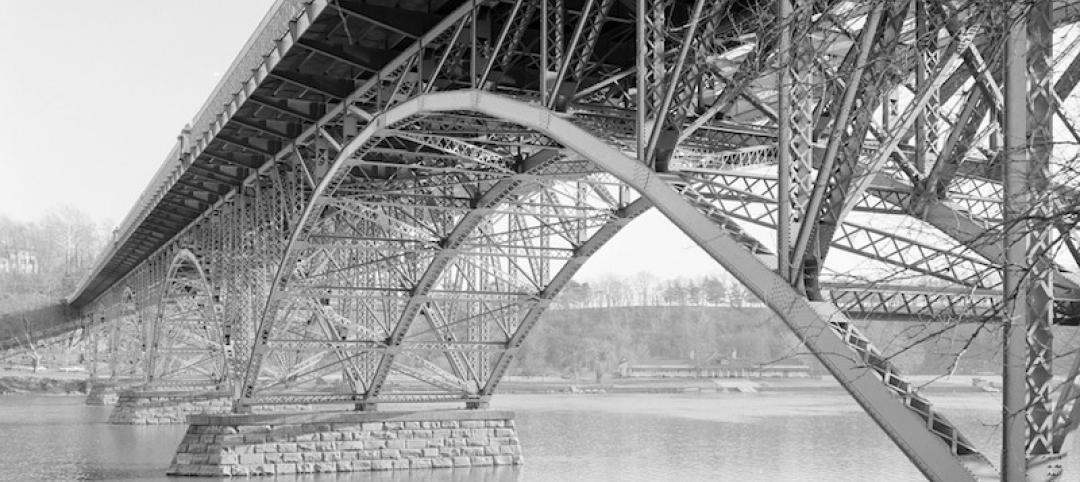The American Institute of Steel Construction has released updated environmental product declarations (EPDs) “to help designers and building owners design more environmentally friendly buildings and bridges,” according to an AISC news release.
The organization develops industry-average environmental product declarations (EPDs) for three products: fabricated hot-rolled structural sections, fabricated steel plate, and fabricated hollow structural sections (HSS)—the latter developed with the Steel Tube Institute. “These documents are designed to facilitate an accurate, apples-to-apples comparison of the structural materials on the market today,” the release says. These documents are updated every five years.
“Many people associate steel with old smokestacks and air pollution, but structural steel is now the premier green building material,” said AISC President Charles J. Carter, SE, PE, PhD. “Over the past three decades, the steel industry has reduced greenhouse gas and overall emissions by 36%. And the American structural steel industry is leading the way to a greener future with a carbon footprint nearly half the world average. By comparison, Chinese structural steel has three times the global warming potential of domestic steel.”
Many rating systems (LEED V4), standards (ASHRAE 189.1), green building codes (IgCC), and specific customers require the submission of environmental product declarations (EPDs) for products delivered to the project site. These EPD life-cycle assessments provide information on environmental impacts related to the manufacture of the product, including global warming potential, ozone depletion, acidification, eutrophication, and ozone creation.
AISC works with its mill members to develop industry average EPDs for structural steel produced in the United States. In addition to quantifying the impacts of the mill processes, the EPD work quantifies the industry average per ton environmental impacts of the fabrication process.
Related Stories
Codes and Standards | Mar 7, 2017
Canada’s national building codes will encompass effects of climate change
Forecasted data, not historical data, will be used as the basis for the codes.
Codes and Standards | Mar 6, 2017
ConsensusDocs updates standard short contract editions
The updates address industry changes impacting insurance, legal, technology, and terminology.
Codes and Standards | Mar 3, 2017
ASCE updates standard for structures using tensile membrane
The new sstandard combines guidelines for conventional tensile membrane structures with frame-covered membrane structures.
Codes and Standards | Mar 1, 2017
EPA's 2017 Construction General Permit now in effect
The regulation governs compliance with effluent limits.
Codes and Standards | Feb 28, 2017
Concern grows for high tide flood vulnerability in Mid-Atlantic states
Washington, D.C., and Annapolis, Md., could flood every three days by 2045.
Codes and Standards | Feb 27, 2017
Green building saves operating costs and boosts asset value
A new report shows 14% cost savings and a 7% increase in value when green standards are met.
Codes and Standards | Feb 24, 2017
Scant data hampering energy, water efficiency at sports venues
New NIBS report says baseline information needs further development.
Codes and Standards | Feb 22, 2017
Plans for WELL Building Standard include linkage with other green building standards
The planned updated version will be customizable for any building type.
Codes and Standards | Feb 21, 2017
Aging building code inspectors and government belt-tightening could cause crisis
Inspectors are edging toward retirement with no understudies in place.
Codes and Standards | Feb 20, 2017
AISI publishes three new cold-formed steel framing research reports
Seismic simulation, roof trusses, steel-to-steel and sheathing-to-steel connections are examined in the reports.

















